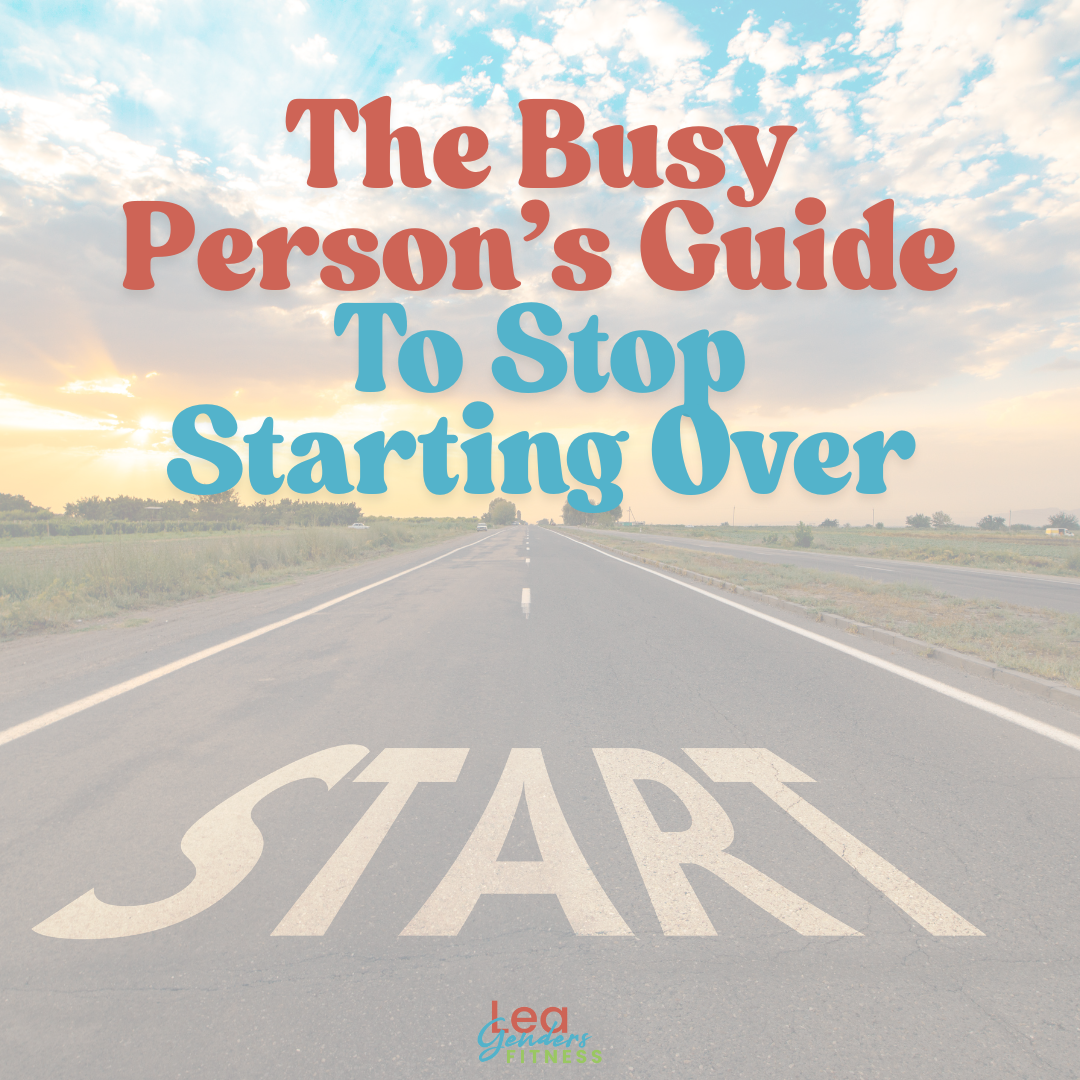We often think about our workout schedule in terms of what exercises we need to do, but sometimes we neglect to schedule and plan our rest and recovery. Rest is an important part of the training cycle and should not be overlooked. In fact, I'd argue that your planned rest days are as important as your planned workouts.
REST DAYS
How many rest days should you take each week? It depends on your fitness level, your age, your stress level, your sleep schedule and your nutrition. Some people may recover quickly while others take a little longer. I notice as I get older (cough cough) that I need more rest in between runs than I did 10 years ago. These days if I try to pound the pavement daily, my body will tell me about it.
The key is to listen to your body. If you feel aches and pains, other than normal muscle soreness, that is a sign you need more rest. If you are stressed out at work and sleeping five hours a night, you probably need more rest days. Your lifestyle will dictate how much rest you need.
The important point to remember is that our body adapts to exercise during rest, not during the workout. This means we get stronger and faster during the rest periods. If you don't allow your body the time to rest, recover and rebuild, then you won't reap the full benefits of exercise.
ACTIVE RECOVERY
When you are resting, it doesn't necessarily mean that you need to spend the day on the couch with a Netflix marathon. Any low intensity activity is perfect for active recovery. This may mean a long walk, some gentle Yoga, an easy hike, foam rolling, stretching or mobility work. Find movements that don't put too much stress on your body to enjoy the benefits of being active while still allowing your body the time it needs for recovery.
SLEEP
"I'll sleep when I'm dead" is a terrible plan. Sleep plays an important role in recovery from your workouts and in fat loss. Aim for 7-9 hours of sleep per night on a consistent basis. If you eat right and workout but still don't look or feel the way you want, sleep (or lack thereof) may be to blame. It's the first thing to look at and improve on when you're not getting the results you desire. Sleep plays a role in stress levels, recovery and regulation of hormones. Before you start looking at supplements, diet cycling or an elimination diet as a solution to your problems, make sure you have the basics covered. Are you sleeping 7-9 hours a night on a consistent basis? I wrote a blog post on how to follow and create a sleep ritual for more tips.
STRESS MANAGEMENT
If you're frazzled and stressed your body will take longer to recover from workouts and you may hold on to unwanted weight. It is all connected. In this fast-paced world, we could all use a little break. Work on stress management by participating in relaxing, healthy activities.
For some people it may be a meditation or prayer practice. For others it may be reading or bubble baths. Get a massage, take a long walk, listen to music, write a journal, spend quality time with friends, play with your dog. Put away the phone and spend time with family outdoors. Take time each day to participate in activities that feed and soothe the soul. In this go-go-go world, take 15-30 minutes a day for self-care to help you unwind and relax. Your body will thank you.
Inadequate rest and recovery can lead to overtraining, poor progress and possible injury or illness. Schedule rest days, active recovery, a sleep schedule and wellness activities into your training cycle for best results.
How many hours of sleep do you get each night? How how rest days per week? Have questions? Need help? I'm here for you.
Like this post? It helps me when you share with your friends and followers.














In 2017, while working a corporate job I wrote a blog post dated five years into the future. I described my dream life in vivid detail, right down to the breakfast I'd eat and the way my business would feel. Then, I let it sit in my drafts for nearly a decade.
Reading it now in 2026 is surreal. While the timeline took longer than I imagined, the feeling of my life today is identical to that vision. I am sharing the unedited 2017 draft today as a lesson in the power of knowing your "why" and daring to write it down.